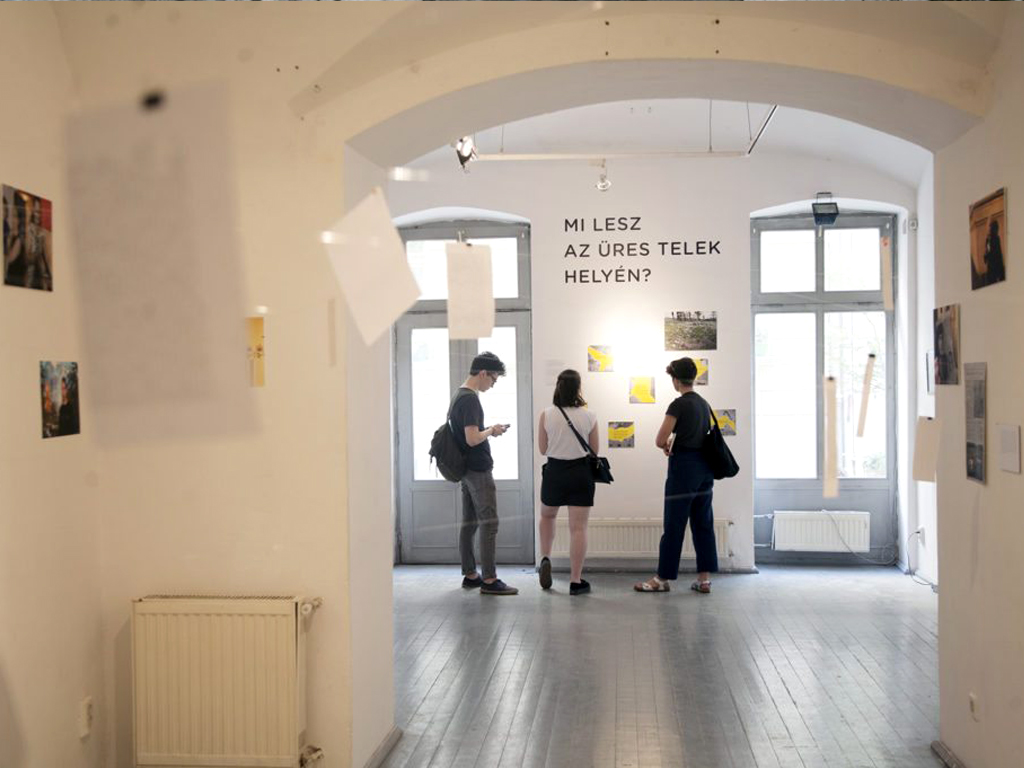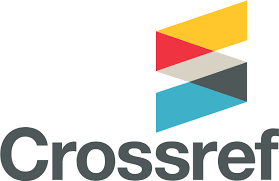A struggle for your story
Relationships between memory research and contemporary art in the 21st century
DOI:
https://doi.org/10.15170/PAAA.2021.08.02.05Keywords:
contemporary art, collective memory, memory researcherAbstract
A typical tendency among contemporary artists over the past 11–15 years has been the production of research-based projects, which are created using methodologies of other scientific fields, in collaboration with experts of social or natural sciences. Some of these can be interpreted within the framework of the interdisciplinary scientific field of memory research. With its fact-based yet intuitive statements, the corpus of knowledge thus generated serves to refine our ramified historical consciousness and collective memory that evolved under postmodern influence. The raw material of the memory researcher artist is factual data obtained by means of a choice of methods and technologies. The reason artists turn to memory research is that they want to more profoundly understand the systems of relations within and among the communities living around them. The artist participates in the process as not just a medium who merely channels the stories of communities in the limelight, but rather as a creative agent who, owing to the studied community’s confidence, opens up doomed-to-be-forgotten moments of personal memory towards collective memory and also contextualises these moments. The compulsion of conservation is thus coupled with a democratic selection in the artist’s praxis.
Photo: Taken by the author
Downloads
References
Albert Zsolt Jakab: Emlékállítás és emlékezési gyakorlat. A kulturális emlékezet reprezentációi Kolozsváron. Kolozsvár, 2012.
Albertini Béla: A magyarországi munkakör fotócsoportja (1930–1932). Fotóművészet 60. (2017):2. (http://fotomuveszet.net/korabbi_szamok/201702/munka-kor) [2022.01.20.]
Bishop, Claire: Artificial Hells: Participatory Art and the Politics of Spectatorship. London, 2012.
Thompson, Nato: Living as Form. Part II. Neoliberalism and the rise of spectacular living. In: Living as Form, Socially Engaged Art from 1991–2011. New York, 2017. 16–33.
Cseh Gabriella: Enteriőrtörténetek. Párizs, 2015. (http://csehgabriella.hu/interieurs/) [2022.01.20.]
Florida, Richard: The Rise of the Creative Class. Revised and Expanded. New York, 2012.
Holmes, Brian: A rugalmas személyiség: egy új kultúrkritika felé. 2006. (http://exindex.hu/index.php?l=hu&pa-ge=3&id=330) [2021.01.05.]
Huyssen, Andreas: Twilight Memories: Marking Time in a Culture of Amnesia. New York, 1995.
Kant, Immanuel: Az ítélőerő kritikája. Budapest, 1966.
Kassák Lajos: [cím nélkül]. A Munka folyóirat programja. Munka 1. (1928):1. [1.]
Kicsiny Balázs: Christian Boltanski. Balkon. Artportal2002. (https://artportal.hu/lexikon-muvesz/boltanski-chris-tian-3731/) [2021.01.04.]
Lyotard, Jean-François: The Postmodern Condition: A Report on Knowledge. Minneapolis, 1984.
Macieski, Robert: Picturing Class: Lewis W. Hine Photographs Child Labor in New England. Amherst, 2015.
Nagy Gergely: Visszajönnek a tények és megharapnak. Artportal. 2018. (https://artportal.hu/magazin/visszajon-nek-a-tenyek-es-megharapnak/) [2022.01.20.]
Olick, Jeffrey K. – Robbins, Joyce: A társadalmi emlékezet tanulmányozása: a „kollektív emlékezettől” a mnemonikus gyakorlat történeti szociológiai vizsgálatáig. Replika 37. (1999):10. 19–43.
Rédey Soma: Tudománykommunikáció az „igazságon túli” világában. Magyar Tudomány 180. (2019):11. 1720–1734. (https://mersz.hu/dokumentum/matud__685) [2021.01.05.] || [DOI] https://doi.org/10.1556/2065.180.2019.11.12
Roberts, Bill: Production in View: Allan Sekula’s Fish Story and the Thawing of Postmodernism. 2012. (https://www.tate.org.uk/research/publications/tate-papers/18/production-in-view-allan-sekulas-fish-story-and-the-thawing-of-postmodernism) [2021.01.05.]
Sholette, Gregory: Delirium and resistance: activist art and the crisis of capitalism. Ed. Charnley, Kim. London, 2017. || [DOI] https://doi.org/10.2307/j.ctt1n7qkm9
Sekula, Allan: The Body and the Archive. October Winter. (1986):39. 3–64. || [DOI] https://doi.org/10.1021/cen-v064n039.p003
Sekula, Allan: Reading an Archive: Photography between Labour and Capital. In: The Photography Reader. Ed. Wells, Liz. London, 2003.443–452.
Srnicek, Nick: Platform Capitalism. Cambridge, 2017.
Székely Katalin: Allan Sekula/Polónia és más mesék. (Kiállításkatalógus.) Budapest, 2010.
Warner Marien, Mary: A fotográfia nagykönyve. Budapest, 2019.

Downloads
Published
How to Cite
Issue
Section
License

This work is licensed under a Creative Commons Attribution-NonCommercial-NoDerivatives 4.0 International License.










